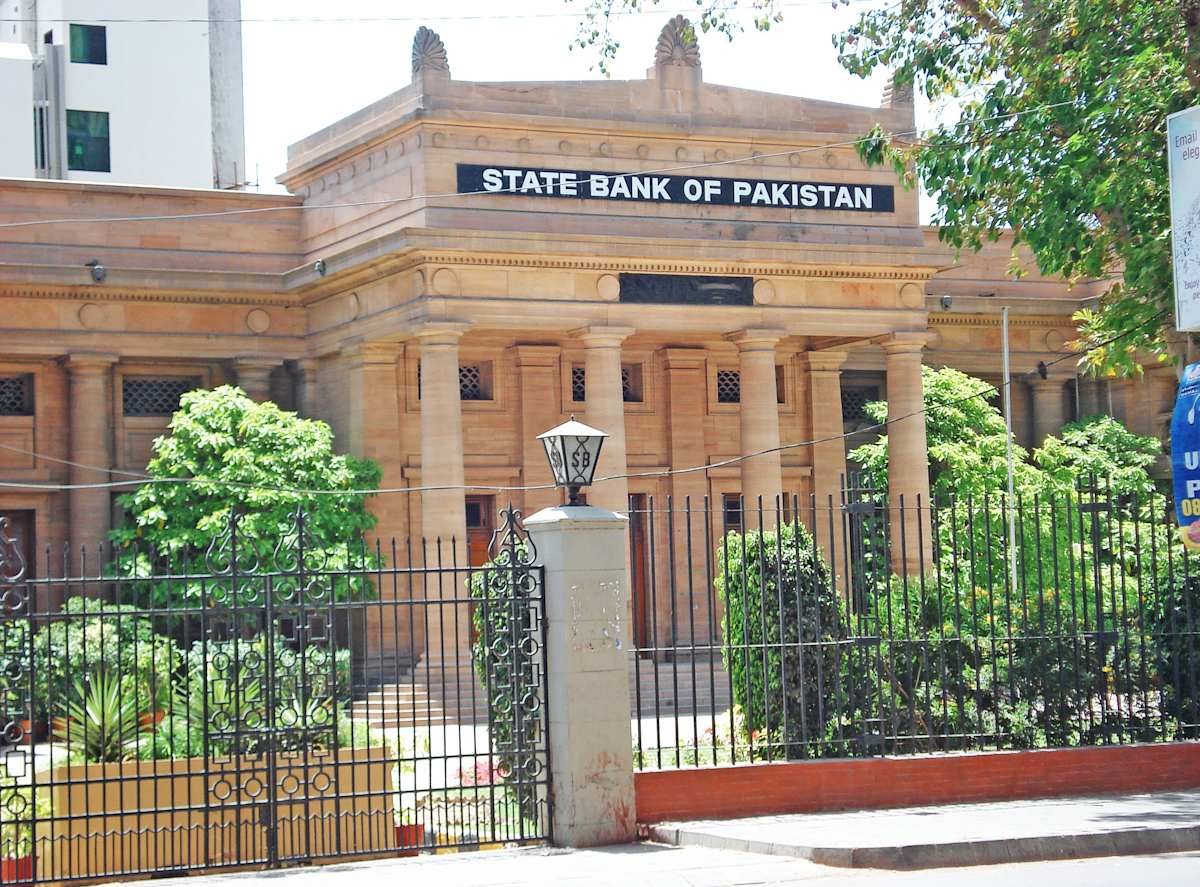Pakistan's central bank has implemented new regulations mandating biometric verification for all cash transactions made at counters via mobile wallet services.
[1] The State Bank of Pakistan or SBP has announced that customers will be required to verify their [2] identities primarily through fingerprint scans when making cash deposits or withdrawals at approved retail agents. This initiative is part of broader efforts to enhance security protocols and combat financial fraud amid the growing prevalence of digital payment systems in the country. Officials have confirmed that the biometric verification requirement will exclusively pertain to transactions made via physical retail agents. However, services offered through digital wallets, including online transfers, bill payments, and mobile top-ups, will not be impacted. “No accounts are being blocked and no funds are at risk. This regulation applies strictly to cash handling by agents, and it is aimed at reducing fraud and improving transparency in the system.” SBP officials stated.
In an effort to facilitate the rollout, retail agents throughout Pakistan have been provided with biometric devices designed to capture and verify fingerprints. If [3] a biometric scan does not succeed or is not conducted at all cash transactions will be rejected. In addition, both the State Bank of Pakistan and prominent mobile wallet providers have initiated public awareness campaigns. These initiatives aim to educate customers about the upcoming changes and to reassure them that their current mobile wallet accounts will remain operational and their funds secure.
The State Bank of Pakistan’s initiative aligns with a growing global shift towards enhanced security standards in digital finance. Parallel actions are being taken in other areas, including Nigeria, [4] where the Central Bank released a circular on May 20, 2025, requiring real-time biometric verification for specific financial transactions to bolster anti-money laundering measures. This trend highlights how nations with significant mobile money user bases are turning to biometric technology to enhance regulatory oversight and combat financial crime.
[5] BR-DGE a leader in payments ecosystem admits there are privacy concerns around biometric payments in a [6] blog titled The Rise of Biometrics in Payments for a Contactless Future, “Biometrics data is highly sensitive as it’s unique to each person and can’t be changed once compromised as opposed to traditional passwords. This raises some privacy concerns about collecting, storing and sharing biometrics data to ensure no unauthorised access. That being said, banks and financial institutions continue to work with governments on more regulations and tighter procedures around the use of biometric data in payments.” BR-DGE concluded in their summary, “There is no question that biometrics authentication methods will continue to increase in popularity and revolutionise the security and convenience of digital payments. However, many questions remain unanswered regarding privacy concerns and accessibility which continue to have a great impact on the adoption rate.”
In a column titled [7] Are Biometrics the Answer to Mobile Payments? Proof stated their concerns with biometric payment services, “Biometrics do, however, come with their own set of privacy concerns. Traditionally, fingerprint scanners have been associated with law enforcement, so critics worry that sensors could be made available to government agencies or law enforcement officials. A biometric payment system is only as secure as its associated database or provider, which is true for any system that stores sensitive information, passwords, or pins.”
